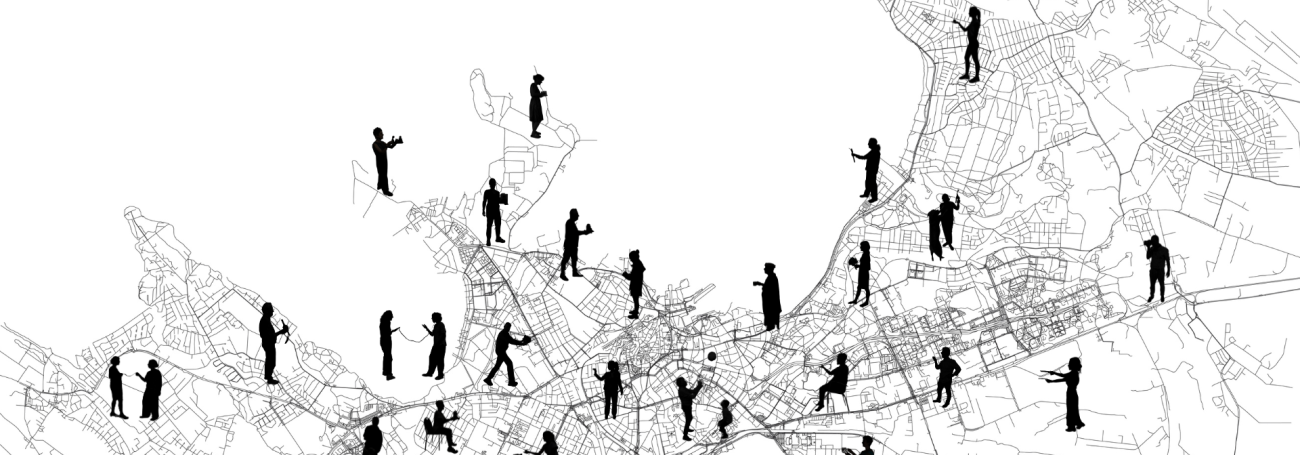SYSTEMIC VIOLENCE AND RESTORATIVE JUSTICE
Moderator/ Discussant: Monique Anderson, PhD candidate at LINC, her interests include sexual violence victims’ experiences, particularly minors, and RJ in such cases. She co-coordinated the RE-JUSTICE (RJ training for judges and prosecutors) and researched in RE-TREAT projects. A qualified yoga teacher, Monique worked in Youth Offending Teams and as a Prisoner Officer.
Tricia Pereira (England)
Tricia is the Strategic Director Advisor of Social Work Practice & Quality at Kent County Council in England. A qualified social worker, practice educator and best interest assessor with over 20 years’ experience spanning adults and children’s social care, and within the voluntary sector. She is an advocate of restorative practice and family group conferences with adults and has led on projects utilising these approaches. She is the Co-Chair of the UK Government Department of Health and Social Care Workforce Race Equalities Standard Advisory Group and is also committed to sector led improvement, focusing on compassionate and inclusive leadership.
James Bell (United States)
James is the Founding President of the W. Haywood Burns Institute. The Burns Institute has worked in over 200 counties in 23 states to engage justice stakeholders and communities across the country to build equity in the administration of justice. He has trained and addressed thousands of human services professionals and community members on race, ancestry, and inclusion as a necessary component of delivering safety for all communities. James has appeared on numerous national television shows and podcasts and written blogs and articles for various platforms. He has also authored sections of published anthologies on the intersections of justice, education, health and family disruption. He has received several awards and two honorary doctorates. He attended California State Polytechnic University, Pomona and Hastings College of Law.
Mariama Diallo (Belgium)
Mariama is the Coordinator of the Child Friendly Justice European Network (CFJ-EN), a dynamic Network based in Brussels, composed of 31 organisations, experts and academic institutions which defend the rights of children in contact with justice systems across Europe. Mariama is a French lawyer specialised in international law, with a family background from the Netherlands and Guinea. She has over 18 years of professional experience working in international cooperation across the globe. Mariama’s areas of expertise and interest include child-friendly justice and access to justice for children without discrimination, with a special attention for children in migration, LGBTI+ children and children with disabilities.







